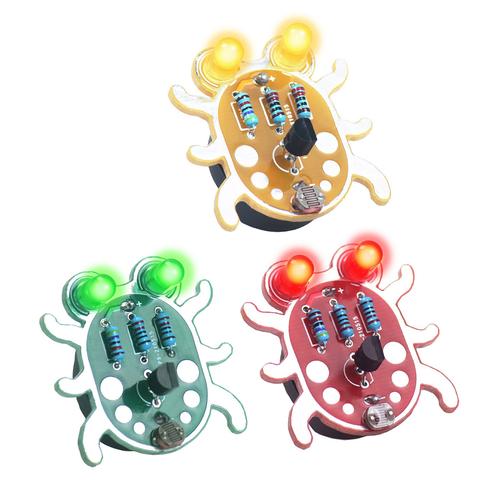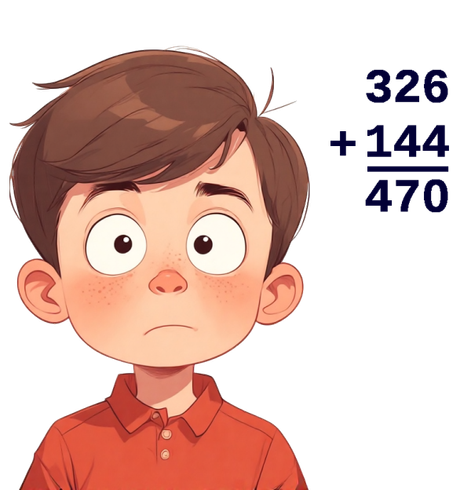When I was first learning electronics I bought a bunch of kits from Boldport. Including the "cordwood puzzle" and when it came I was so despondent. It's pair of PCBs and parts and YOU need to puzzle out how to put them together.
I remember thinking that I'd never be able to work it out. Just putting a kit together correctly and having it work was my limit.
I put the puzzle away, forgot about it.
I found it today ... guess what?
It's SO EASY.
Nice to be old and learn new tricks isn't it?









